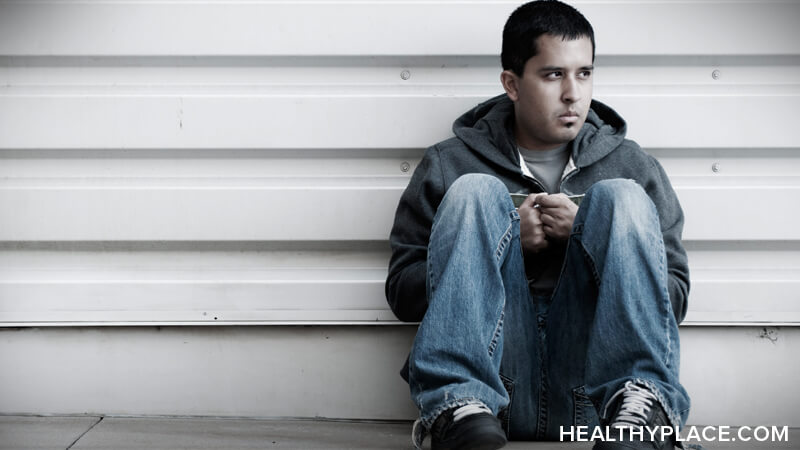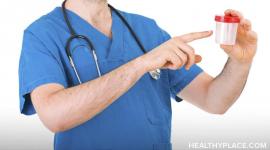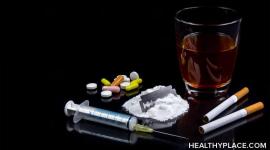Help for Drug Addiction and How to Help a Drug Addict

Help with drug addiction was sought by almost one-in-ten people in 2009,1 yet many don't know where or how to get drug addiction help. Often it isn't until an addict ends up in an emergency room that help with drug addiction becomes a reality. However, there is no need to let addiction progress to this point. There are several ways of getting and providing drug addiction help for yourself or someone else.
Drug Addiction Help - How to Get Help with Drug Addiction
Drug addiction help should be accessed medically through a clinic, emergency room or doctor. When getting help for yourself or someone else, it's important to start with medical personnel as they will rule out any additional health problems that may interfere with the treatment process.
Once initial medical help with drug addiction is given, referral to a treatment program or other resources is critical. The referral must be followed up and any medications ordered by the doctor must be taken as prescribed.
Then help for drug addiction will come from the treatment program itself. Treatment programs typically include access to medical personnel, as well as counselors and other addiction treatment specialists to further provide help with drug addiction.
How to Help a Drug Addict
It is hard to know how to help a drug addict. Drug addiction help may not be wanted by the drug addict, even if it is needed. For this article, we'll consider two types of situations - emergency treatment and long-term treatment for drug addiction.
How to Help a Drug Addict in an Emergency
In an emergency, help with a drug addiction should always be given by a medical professional. No home care is appropriate in an emergency. Any time an overdose is suspected or the person loses consciousness, has seizures or drastic changes in vital signs, help with drug addiction means calling 9-1-1 immediately. Other emergencies that require immediate, medical help with drug addiction include:2
- Thoughts of self-harm or harm to others
- Chest pain, difficulty breathing, lightheadedness
- Confusion or ongoing hallucinations
- Difficulty speaking, numbness, weakness, severe headache, visual changes, or trouble keeping balance
- Severe pain at a drug injection site (possibly with redness, swelling and fever)
- Dark colored urine
- Any suspicion of sexual assault
More detailed information on effects of drug addiction.
How to Help a Drug Addict Get Treatment
When the drug addict adamantly chooses to use drugs in a non-emergency situation, there is little that can be done. However, once the person chooses to get drug addiction help, you should know how to help a drug addict get drug addiction treatment.
The following are suggestions on how to help a drug addict who has decided to quit using drugs:
- Help for drug addiction needs to start with a medical assessment. Make an appointment and drive the addict to and from the doctor, or take the addict to a clinic or emergency room. Make sure the addict is referred to a drug treatment program.
- The period right after quitting drug use can be the most difficult. Offer drug addiction help by letting the addict stay with you or make them meals and visit them.
- If the addict is entering a paid treatment program, make sure the paperwork is done and filed with the insurance company.
- If the addict is given medication to ease withdrawal, ensure the medication schedule is followed.
- Offer drug addiction help by taking the addict to and from future treatment appointments.
- When offering drug addiction help, be supportive and ask the addict what they need.
Read more information on drug rehab centers.
APA Reference
Tracy, N.
(2021, December 15). Help for Drug Addiction and How to Help a Drug Addict, HealthyPlace. Retrieved
on 2026, February 5 from https://www.healthyplace.com/addictions/drug-addiction/help-for-drug-addiction-and-how-to-help-a-drug-addict



